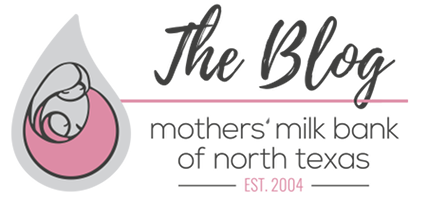World Prematurity Day is on Sunday, November 17. Prematurity is the leading cause of death of infants around the world. Every year, more than half a million babies are born too soon in the United States. Our country’s premature birth rate has risen by 36 percent over the last 25 years. Premature birth can cost society nearly $26 billion a year. It can also lead to lifelong disabilities and severe health problems.
Did you know more than 75% of premature infant deaths can be prevented without intensive care? Here are a few simple preventative measures that can be taken to reduce the number of premature infant deaths.
- Warmth Skin-to-skin holding and swaddling help babies stay warm. Also known as "kangaroo care," it can also help regulate baby's heart rate and allow mother and baby to have a more successful breastfeeding relationship.
- Nutrition Early and exclusive breastfeeding is best. Some NICUs have access to pasteurized donor milk from a milk bank. The American Academy of Pediatrics has recommended pasteurized human milk as a feeding alternative for premature or other high risk infants if their mother's own milk is unavailable (source).
- For more information, download the March of Dimes' infographic to learn more.
Organizations like the March of Dimes are working hard to raise awareness and fund research on prematurity. In addition, the United States House of Representatives passed the PREEMIE Reauthorization Act, which "represents a renewed commitment to our nation’s efforts to reduce premature birth, which is the leading killer of newborns. If enacted, the bill will authorize enhanced research, education and intervention activities aimed at improving pregnancy outcomes." Multifaceted efforts have dropped the US preterm birth rate to a 15 year low.
Has prematurity affected your family?
